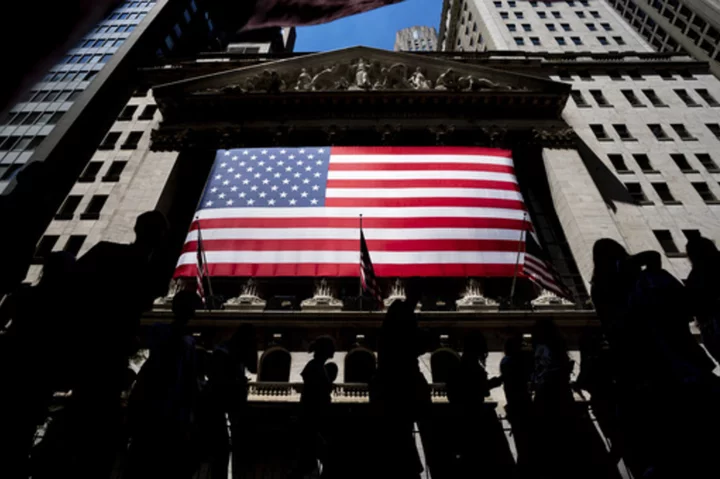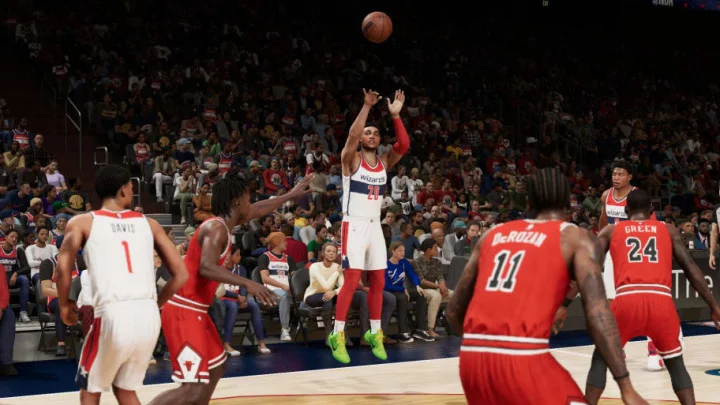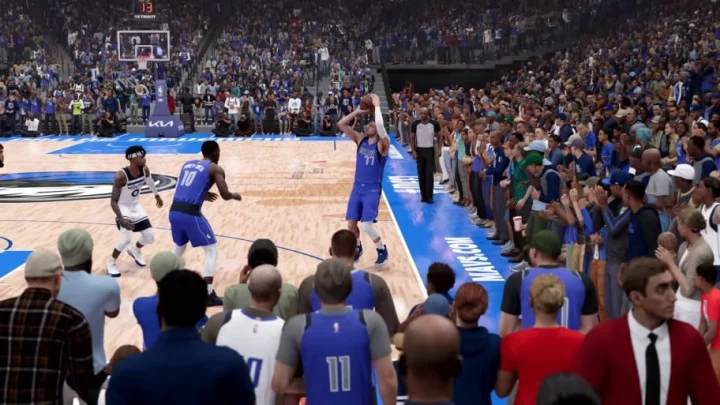Wall Street ticked modestly higher early Friday, but not nearly enough to erase a week of losses driven by the potential for an era of consistently higher interest rates.
Futures for the S&P 500 edged 0.2% higher while the Dow Jones industrials rose just 0.1%.
Markets are poised to finish the week with significant losses after the Federal Reserve left its benchmark borrowing rate alone Wednesday, with officials at the central bank signaling that they may cut rates next year by only half a percentage point. Investors had been hoping for bigger, faster cuts to interest rates.
Even with no increase at two of its past three meetings, the Fed has raised its benchmark borrowing rate 11 times in the past year-and-a-half in its bid to extinguish persistent inflation.
High rates tend to hit high-growth stocks particularly hard, and Big Tech companies have been among the market’s biggest losers this week.
The tech-heavy Nasdaq composite has tumbled almost 6% this week, twice the decline of the S&P in the same period. The Dow has given back 1.6%.
There was good news for a couple big tech companies Friday.
British competition regulators gave preliminary approval to Microsoft’s restructured $69 billion acquisition of video game maker Activision Blizzard, likely clearing the way for one of the largest tech deal in history. Activision rose nearly 2% before the bell Friday and Microsoft rose slightly.
But European Union antitrust enforcers also slapped Intel on Friday with a fresh $400 million fine in a long-running legal fight that the chipmaker appeared to have won last year. The European Commission imposed the 376.4 million-euro fine after a court threw out an original 1.06 billion-euro penalty issued in 2009 over allegations that Intel used illegal sales tactics to shut out smaller rival AMD.
In the U.S., the nation’s biggest automakers will learn Friday whether the United Auto Workers union will escalate its strike over a demand for higher wages, a shorter work week and other benefits. UAW President Shawn Fain is expected to announce whether the union will expand a weeklong strike that has so far been limited to three plants – one each at Ford, General Motors and Stellantis.
Chinese markets surged late Friday, with Hong Kong’s benchmark up more than 2% following a report by Bloomberg saying that regulators are considering lifting limits on share ownership by foreigners.
The report cited unnamed people “familiar with the matter” who said Beijing is considering relaxing rules that cap foreign ownership in domestic publicly traded firms to help lure investors to the local market.
The report could not be immediately confirmed.
Also, the U.S. Treasury Department and China’s Ministry of Finance launched a pair of economic working groups on Friday in an effort to ease tensions and deepen ties between the nations.
The Hang Seng in Hong Kong gained 2.3% to 18,057.45 while the Shanghai Composite index advanced 1.6%, to 3,132.43.
Tokyo’s Nikkei 225 fell 0.5% to 32,402.41 as Japan’s central bank kept its benchmark interest rate at minus 0.1%, as expected.
In Seoul, the Kospi shed 0.3% to 2,508.13.
Australia's S&P/ASX 200 slipped 0.2% to 7,049.20 even as the government reported a $14.2 billion budget surplus for the last fiscal year. It was the first time the nation’s books were balanced in 15 years.
Germany’s DAX shed 0.2%, the CAC 40 in Paris sank 0.5% and Britain’s FTSE 100 tumbled 0.7%.
In other trading Friday, U.S. benchmark crude oil gained 91 cents to $90.54 per barrel in electronic trading on the New York Mercantile Exchange. It lost 3 cents on Thursday.
Brent crude oil, the pricing basis for international trading, picked up 76 cents to $94.06 per barrel.
The U.S. dollar rose to 148.25 Japanese yen from 147.58 yen. The euro slipped to $1.0628 from $1.0661.
On Thursday, Wall Street fell sharply in an ugly day for stocks. The S&P 500 lost 1.6% for its worst day since March, the Dow Jones Industrial Average dropped 1.1% and the Nasdaq composite lost 1.8%.
——









